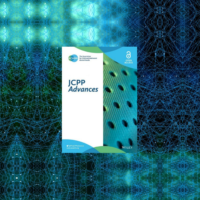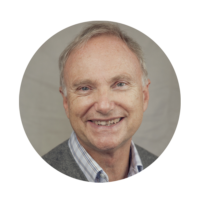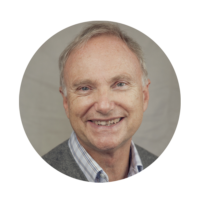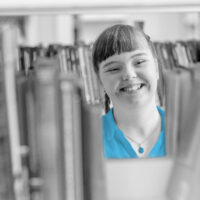ASD (Autism Spectrum Disorders)
-

JCPP Advances 2023 Lectures ‘What the research tells us; Anxiety, Neurodiversity, Suicide, and Genetics’ – recording
This free webinar features a series of five fantastic 10-minute lectures from leading researchers, academics and practitioners on key topics in the field of child and adolescent mental health.
Read more -

Depression in Autism and ADHD: What do we know?
In this ‘In Conversation’ podcast, Dr. Lucy Livingston provides insight into the comorbidity of Depression in Attention-deficit / hyperactivity disorder (ADHD) and Autism.
Lucy will be presenting a talk on the same topic, entitled ‘Depression in Autism and ADHD: What do We Know?’, at the JCPP Advances 2023 Lecture series ‘What the research tells us; Anxiety, Neurodiversity, Suicide, and Genetics’ on 11 May 2023.
Read more -

Autism; Bullying and teasing – Prof. Tony Attwood Special
Some autistic individuals, as children and teenagers, have been told that they are bullied because they are ‘weird’, and if they stopped being ‘weird’ they wouldn’t be bullied. The presentation will dispel that myth. Someone on the autistic spectrum should never have to mask or camouflage their behaviour. There will be a focus on the power of the peer group to stop an autistic person being bullied, teased, humiliated or rejected. The intention is to change the behaviour of those who engage in bullying and teasing.
- Event type
- Webinar
- Location
- LIVE STREAM
-

Infant sleep predicts trajectories of social attention and later autism traits
Open Access paper from the JCPP – ‘We used a prospective longitudinal design in infants with a family history of ASD and/or ADHD to examine infant sleep and its relation to trajectories of attention and later neurodevelopmental disorders.’ Jannath Begum-Ali et al.
Read more -

Autism; Depression in children and teenagers – Prof. Tony Attwood Special
This session will focus on the use of Cognitive Behavioural Therapy (CBT) to help children and young people with autism with depression. It should interest all mental health professionals and particularly parents and those that support children and young people with autism. There will be effective interventions, tips, and advice, that can be used immediately.
- Event type
- Live Stream
- Location
- Online
-

Autism Resources Update
This World Autism Acceptance Week (27 March to 2 April 2023), we have collated a number of FREE learning resources from leading academics, clinicians, and researchers to build upon our previous catalogue of resources for World Autism Acceptance Week 2022.
We encourage you to explore the learning opportunities available on our website, sign up for our fantastic upcoming events below, and do share with your networks.
Read more -

Protected: CAIDPN Members only
There is no excerpt because this is a protected post.
- Event type
- Online and in person
- Location
- Online and Chesterfield in person
-

Moving from Assessment & Formulation to Supporting Behaviours that Challenge in Children with Intellectual Disabilities
BOOKING IS CLOSED
We will be cover two key themes ‘Assessment, Diagnosis & Formulation in CAMHS-ID’ and ‘Supporting Behaviours that Challenge in CAMHS-ID’, with talks from some of the leaders in the field, a lived experience viewpoint, together with Q&A plus panel discussions.
- Event type
- Live Stream
- Location
- LIVE STREAM
-

Parental insightfulness is associated with mother–father–child interactions among families of preschoolers with an Autism Spectrum Disorder diagnosis
Open Access paper from the JCPP – ‘The goal of the current study was to examine this association in families with children with ASD. The hypothesis was that the interactions in families in which both parents are insightful will be more cooperative than in families in which only one or neither parent was insightful.’ David Oppenheim (pic) et al.
Read more -

Autism spectrum disorder and brain volume link through a set of mTOR-related genes
Open Access paper from the JCPP – ‘Here we investigated whether variants in mTOR-related genes are also associated with ASD and if they constitute a genetic link between large brains and ASD.’ Martina Arenella et al.
Read more
